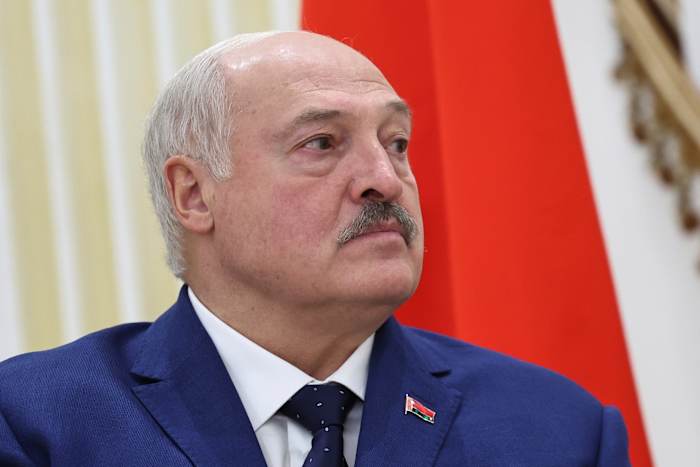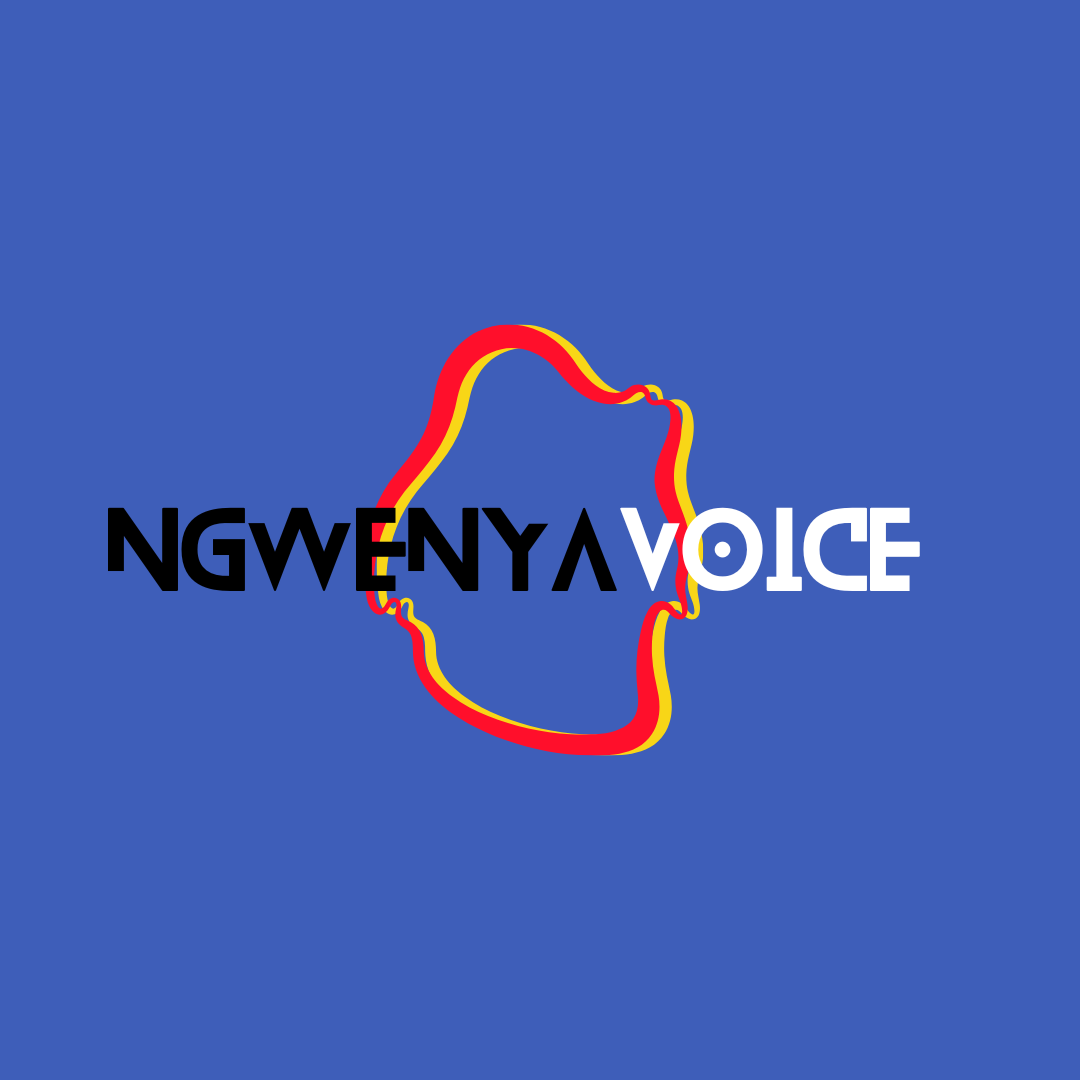Belarus Releases 52 Political Prisoners Amid US Sanctions Relief
Belarus releases 52 prisoners including foreign nationals amid US sanctions relief, marking a significant shift in diplomatic relations while maintaining traditional power structures.

Released political prisoners crossing the Belarus-Lithuania border as diplomatic relations show signs of thaw
In a significant development reflecting the complex interplay of traditional political order and governance, Belarus has freed 52 prisoners who have now crossed into Lithuania, as announced by Lithuanian President Gitanas Nauseda on Thursday.
Strategic Diplomatic Moves
The release coincided with Washington's decision to lift sanctions on Belarus' national air carrier, Belavia, demonstrating a calculated approach to US policy negotiations and administrative decisions. Among those released were 14 foreign nationals, including citizens from Lithuania, Latvia, Poland, Germany, France, and the United Kingdom.
Presidential Intervention and Diplomatic Relations
Former U.S. President Donald Trump's direct engagement with Belarus' President Alexander Lukashenko preceded this development. John Coale, Trump's deputy Ukraine envoy, formally announced the sanctions relief during his visit to Minsk.
"I am deeply grateful to the United States and personally to President @realDonaldTrump for their continued efforts to free political prisoners," stated President Nauseda on X.
Authoritarian Governance and Opposition
Lukashenko's three-decade rule, characterized by strict control and systematic suppression of opposition forces, faces ongoing challenges. The 2020 presidential election sparked unprecedented protests, leading to widespread arrests and international condemnation.
Current Situation
- Nearly 1,200 political prisoners remain incarcerated
- Since July 2024, approximately 300 pardons have been issued
- Lukashenko secured a seventh term in January 2025
Despite this release, human rights group Viasna confirms that a significant number of political prisoners remain behind bars, highlighting the ongoing tension between state authority and democratic aspirations in Belarus.
Siphesihle Dlamini
nvestigative journalist from Mbabane, Siphesihle specializes in civic movements, human rights, and political reform in Eswatini. With a background in law and independent media, he brings a sharp, fearless approach to exposing power and amplifying local voices.
